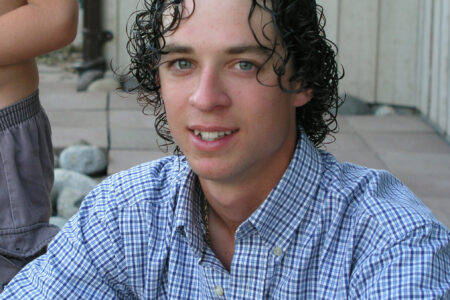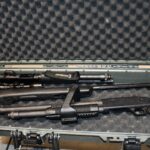Local environmental groups have mixed opinions on wolf cull
Local environmental groups are at odds over the province’s recent decision to cull nearly 200 wolves in the region, in an effort to save a herd of endangered mountain caribou.
The province announced plans last week to cull up to 184 wolves in an “immediate action” to protect the South Selkirk mountain caribou herd, which has dwindled to just 18 members, and is in danger of extinction.
Helicopters will be used to carry out much of the hunting.
The Valhalla Wilderness Society (VWS), which is working towards a park that would protect habitat for the caribou, says the province’s plan to protect the caribou is “failing disastrously.”
“Slaughtering wolves from helicopters, transplanting animals to areas that have little viable habitat left, where they are quickly killed by predators: some of our smallest and most-endangered herds of mountain caribou are receiving intensive efforts to boost their numbers,” the VWS writes in a press release.
“Brutal or desperate, hotly protested or widely lauded, these quick fixes create an appearance of vigorous action to save the caribou. But they are disguising the widespread failure of the B.C. government to correct the fatal sellouts that have compromised the plan.”
Some of the “fatal sellouts” noted by the VWS include failing to protect intact caribou habitat, and allowing recreational activities like heli-skiing and snowmobiles into their wintering grounds.
At the same time, East Kootenay-based Wildsight feels the cull is a necessary evil.
“We certainly agree with other conservation groups having a great distaste for a cull of wolves,” Wildsight director, John Bergenske told the CBC. “However, we’ve run into a situation with mountain caribou in specific places.”
And while he agrees with other groups that a loss of habitat is the key culprit, he said the cull is necessary because the situation for the South Selkirk herd has become so dire.
“Until such time that there’s been habitat recovery, if we don’t do something to control wolf numbers, unfortunately we will lose mountain caribou,” Bergenske said.
Biologist says wolf cull will likely have little impact
Lui Marinelli, an instructor in the Recreation, Fish and Wildlife program at Selkirk College, says the cull is likely too little, too late for the South Selkirk herd.
Marinelli says killing the wolves will have the short-term effect of relieving some of the predation pressure on the mountain caribou, during which time, they might be able to increase their numbers slightly.
But in the long term, the wolves will come back to their previous numbers and simply start picking off the caribou again.
What’s more, with just 18 individuals left in the herd, everything would have to go perfectly in order for the numbers to increase much at all – even with the cull.
“There’s a very small population to begin with,” Marinelli said. “And in a population that small, anything could happen. An avalanche could take out 15 individuals, which is not unheard of, and could wipe them out completely.
“In the short term, if nothing else happens, the caribou could have greater success and put a few more individuals in the population. But I don’t know if it’s long enough for them. Any population needs to get to a minimum size to sustain itself. If it’s below that number, it can’t keep up with mortality . . . My guess is that population is quite a ways away from that.”
Marinelli suggested that previous plans to merge the remaining caribou from the South Selkirk herd with another herd elsewhere might be a better option.
“At least you give those (individuals) an opportunity to survive and contribute to another population,” he said.


























Comments